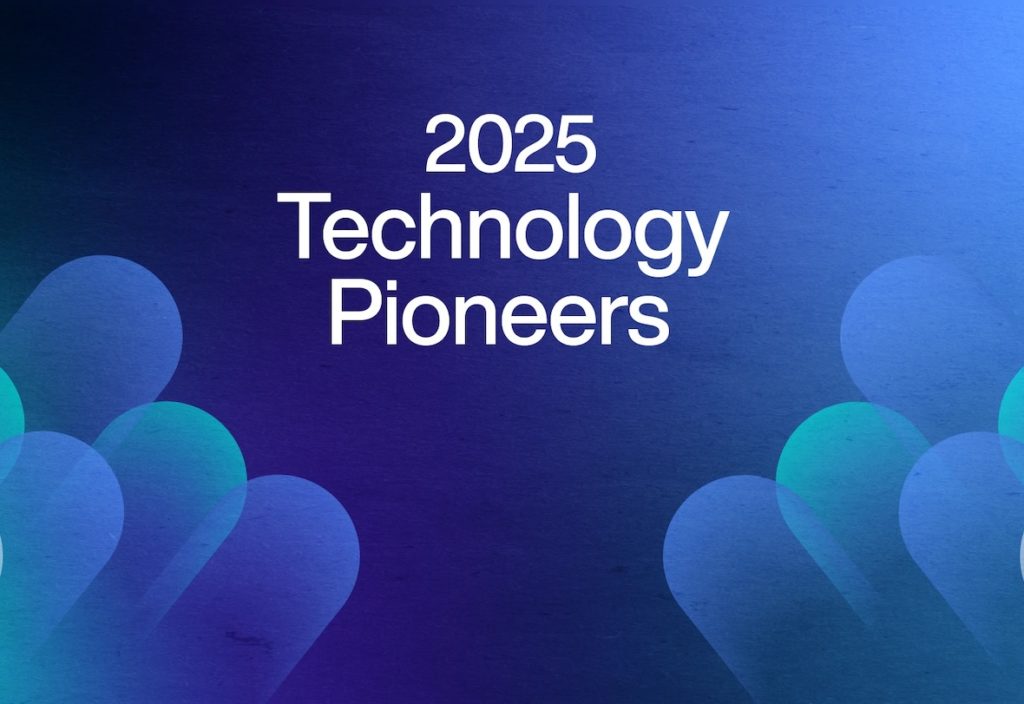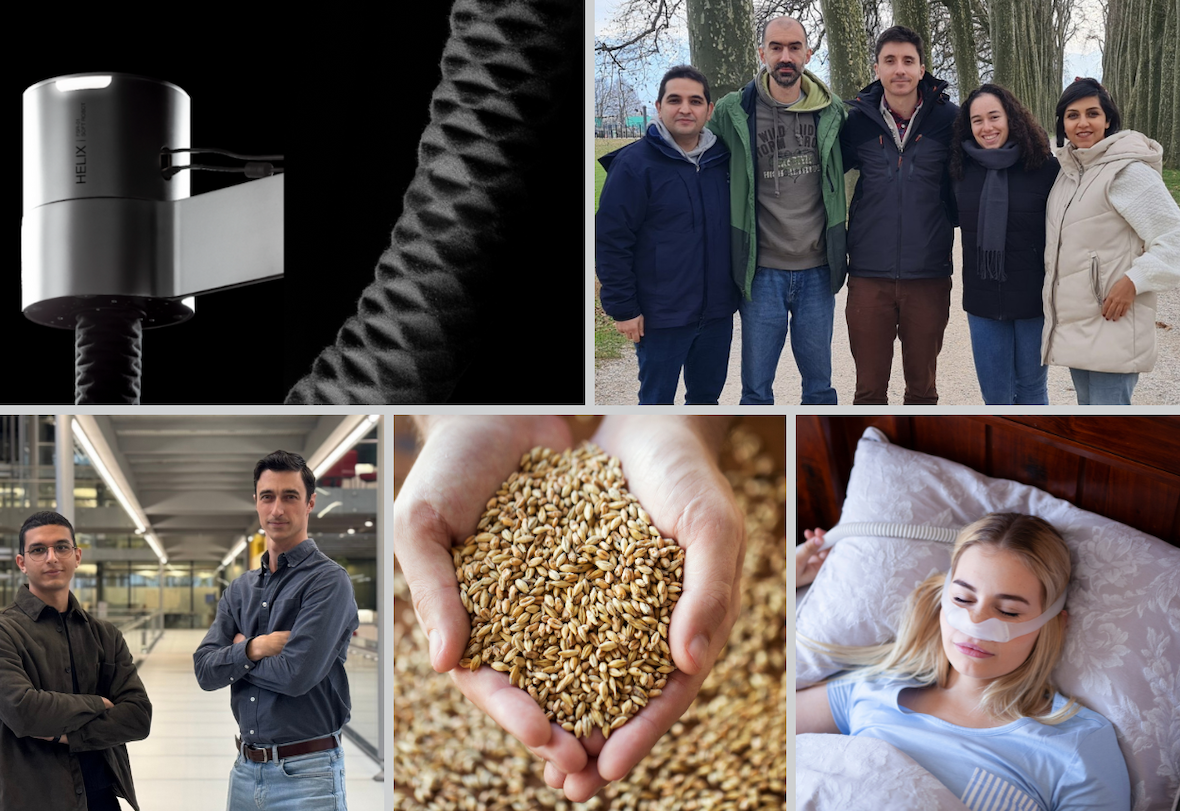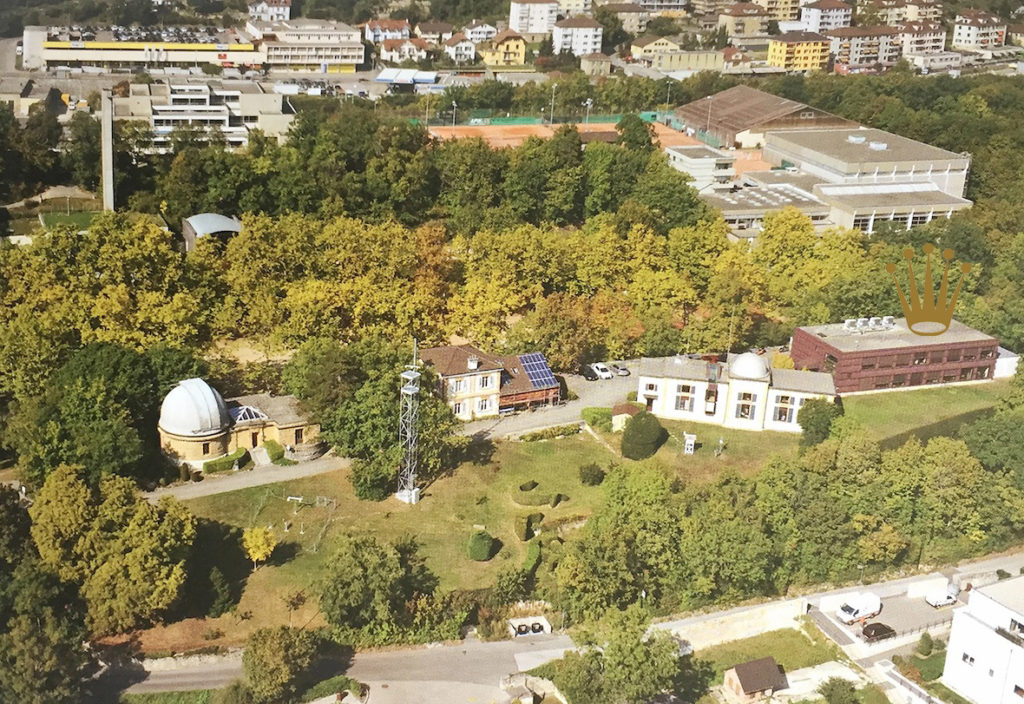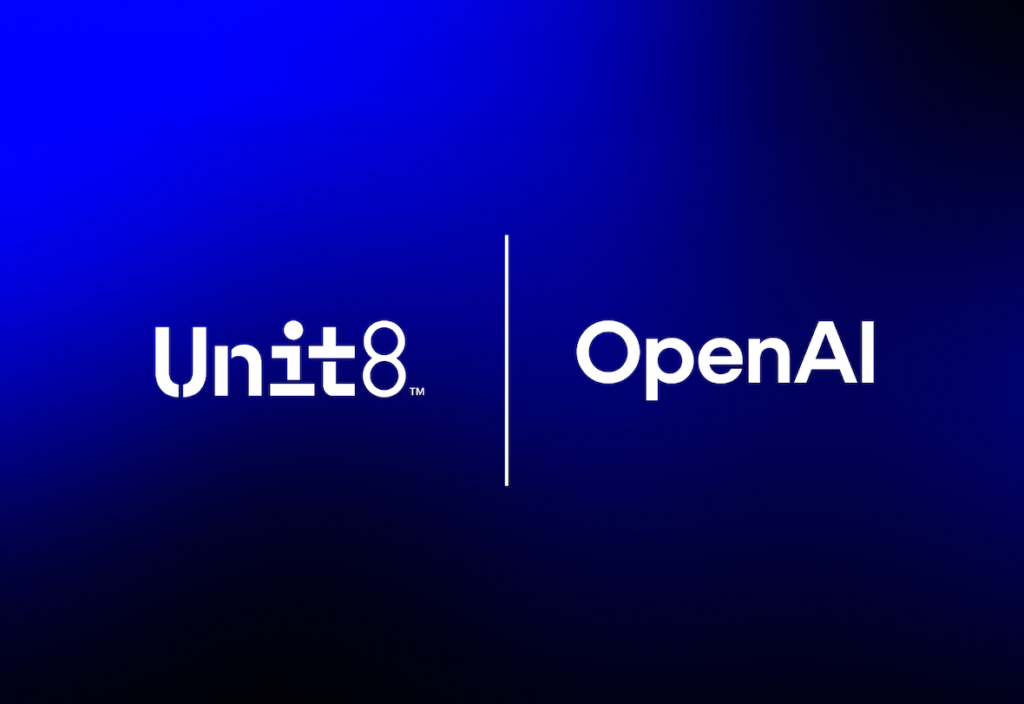
FIT awards Tech Grants to five cutting-edge projects from CHUV, EPFL and HEIG-VD
5 February 2025
 Researchers from CHUV, EPFL, and HEIG-VD are working on breakthrough technologies supported by FIT’s latest Tech Grants. | © FIT
Researchers from CHUV, EPFL, and HEIG-VD are working on breakthrough technologies supported by FIT’s latest Tech Grants. | © FIT
The Foundation for Innovation and Technology has awarded Tech Grants to five promising projects from CHUV, EPFL, and HEIG-VD. The grants will support innovations in medical technology, robotics, and sustainable agriculture.
The Foundation for Innovation and Technology (FIT) has awarded Tech Grants to five innovative projects from Swiss institutions CHUV, EPFL, and HEIG-VD. The selected projects—Bio-CapnoMAD, Helix Robotics, MyJoint, Neurovia, and Grenat—focus on medical technology, robotics, and sustainable agriculture, underscoring Western Switzerland’s leadership in high-tech research and development.
Bio-CapnoMAD, developed at CHUV, aims to improve treatment for obstructive sleep apnea, a disorder affecting nearly one billion people worldwide. The technology integrates biomimetic design and advanced sensor monitoring to optimize airway openness and track metabolic status in real time. The FIT grant will support further development, clinical trials, and market readiness.
Helix Robotics, a spin-off from EPFL, has designed a flexible robotic arm with a continuum bending structure, allowing safer interaction with humans. The technology has applications in manufacturing, agriculture, and automation. With FIT’s support, Helix Robotics will enhance its prototype, enabling it to carry a 3kg payload and perform automated tasks like recharging electric vehicles.
Another EPFL project, MyJoint applies AI-driven biomechanical modeling to assess the risk of anterior cruciate ligament (ACL) injuries in sports like football and basketball. The wearable device provides real-time analysis and personalized recommendations to reduce injury risk. The FIT grant will help integrate additional data sources and expand performance metrics for teams.
Spun out of EPFL, Neurovia has developed an implantable bioelectronic device to regulate blood pressure and prevent sudden drops, which can lead to falls and complications. The implant uses nerve stimulation within the renal artery to maintain stable blood pressure. FIT’s funding will enable preclinical trials, including porcine model testing.
The HEIG-VD Grenat Project is an AI-based optical sorter designed to help small farms process climate-resilient crops like pulses and millets. The high-resolution camera system sorts grains as small as 1mm, providing an alternative to industrial-scale sorting machines. Following an initial grant last year, FIT has awarded a second CHF 50,000 grant to further develop this scalable solution for sustainable agriculture.

